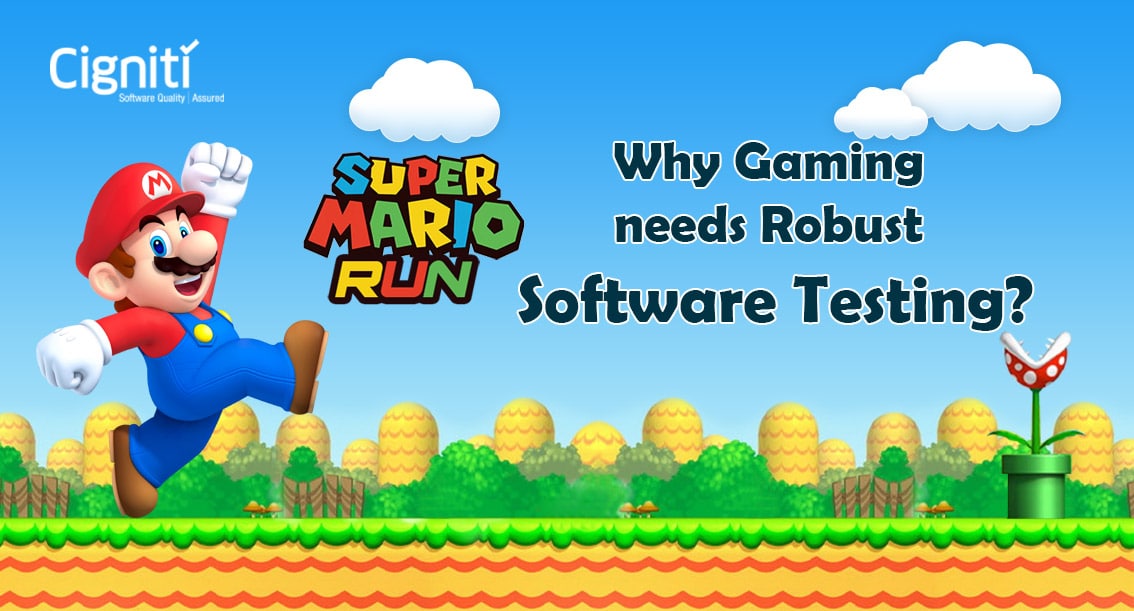Going Behind the Scenes of Your Content Recommendation Engine
Since its inception in 2005, YouTube has been a rage. With a gargantuan library of videos, YouTube accounts for two-thirds of the videos that millennials are watching. A research study conducted by Google on the online video trends revealed that 6 out of 10 people choose online video platforms over live TV. Based on this study, Google predicted that by 2025, only half of the viewers of less than 32 years of age will subscribe to pay TV service.
Screens are getting smaller, internet is getting faster, user expectations are growing bigger, AI is becoming smarter and with it, the AI-based content recommendation engine. Thanks to its ability of delivering user-specific curated content suggestions, more and more viewers are ditching the traditional pay TV for online media streaming. With a projected 40.7% Compound Annual Growth Rate of AI-based recommendation engine market by 2022, only 10% of people will watch traditional TV and VR will become a key aspect of television and video. Taking a cue from this shift, content creators and media houses are also trying to align their production, promotion, and placement strategies with the evolving online viewership.
Content recommendation engines have been around for quite some time now and are being constantly improved and upgraded to deliver services as per individual user preferences. The real heroes of the film of recommendation engines are, however, big data analytics and machine learning with QA testing in a supporting but integral role. It would be a dreary task for a person to do, while it takes these AI-enabled engines only a few seconds. Instead of letting the user go through the pain of searching and sifting through the gigantic content library, the recommendation engines simplify the decision-making process by optimizing the choices as per the user’s desires and feelings. Not only does this type of information filtering systems enhance visibility of the content but also ensures higher value to the viewers.
Writing the script
As the media and entertainment industry is becoming predominantly digital, application of data science is growing significantly. In order to improve the catalog and provide personalized suggestions, the engine has to work in tandem with user’s taste. While developing a recommendation engine for modern digital media platforms, it is critical to transcend beyond the traditional collaborative or content-based filtering approach. Simply relying on buyer’s history or the past-liked or -disliked content will not cut it anymore.
Since ML feeds on data, it is imperative to collect as much information as possible. The level of accuracy that a recommender system is able to present is directly proportional to the amount of data available on the user’s consumption pattern. There is a need for a model that employs analytics on the existing data to provide contextual predictions while taking a user’s geography, demography, search history, and previous engagements into consideration. For a recommendation engine to succeed among the digitally-dedicated content consumers, it must be accurate and empathetic to the user.
Onboarding the cast
Most recommendation engines fail often because they either lack the capability of surprising their users with diversity or the skill to build a positive image through relevant content suggestions. These systems should be able to perform optimal customer sentiment analysis for comprehending their past behavior and make the future judgements accordingly. From social media statistics and user’s media content usage to the trending topics and seasonality, everything has to be in the picture while designing a content recommender system.
When all this data is taken into consideration, analytics is able to develop each user’s profile and match it with the content that has the highest probability of being liked by that user. Through this user-content match-making, big data analytics enable the media and entertainment industry to enhance their targeting abilities by a carefully-planned, continually-evolving, well-thought content distribution strategy. With the involvement of trends into the data set, the recommender system is able to present a more diverse assortment of choices. By taking a bold approach of suggesting content that is entirely different from the user’s existing profile, the recommendation engine establishes its credibility in content-related decision-making.
Lights, Camera, Action…able Intelligence
A content recommendation engine is not limited to the media and entertainment industry only. Ecommerce, BFSI, Retail, Healthcare, Transportation, every industry vertical is leveraging the intelligence of data and capability of machine learning. The AI-led recommender system parallelizes contextuality and expectations of users with a business’s rules and objectives by identifying the cross-points between the two. Creating a win-win situation for both content consumers and providers, an ideal recommendation engine attracts and retains users while promoting the business services and offerings.
Having said that, these data-driven engines with innovative predictive solutions also have a lot at stake. This is why, the ‘accuracy’ factor is absolutely indispensable. An ill-assorted list of suggestions may cause a business to lose its valuable consumer base, causing a drop in the revenues. For this, it is important that the system is fault-proofed from every aspect. Big data and analytics testing should be performed without fail to make sure complete coverage of available information while creating the list of suggestions. QA services should be leveraged to guarantee that user-suggestion matching is done correctly, repetitive patterns are eliminated, and relevance is not forgotten while generating results.
Ability to understand, analyze and create test sets that encompass multiple data sets, is vital to ensure comprehensive Big Data Testing. Cigniti leverages its experience of having tested large scale data warehousing and business intelligence applications to offer a host of Big Data Testing services and solutions. Cigniti Testlets offer point solutions for all the problems that a new age Big Data Application would have to go through before being certified with QA levels that match industry standards. Contact us today.





Leave a Reply